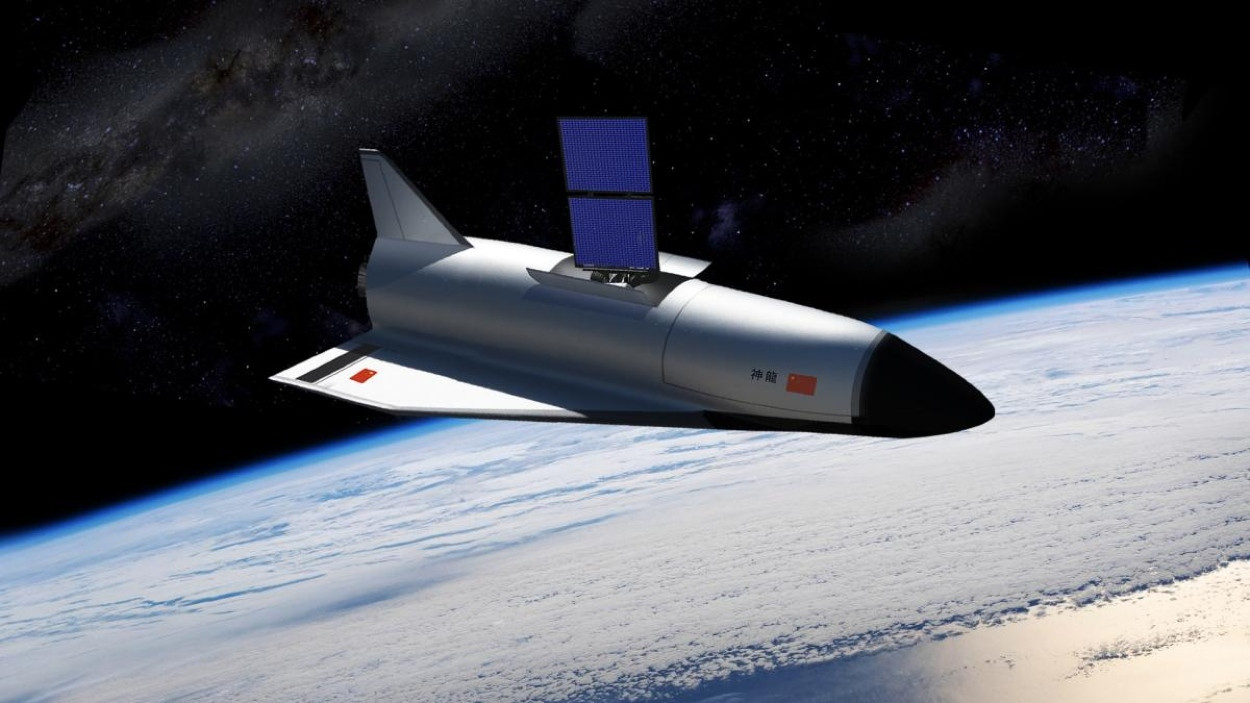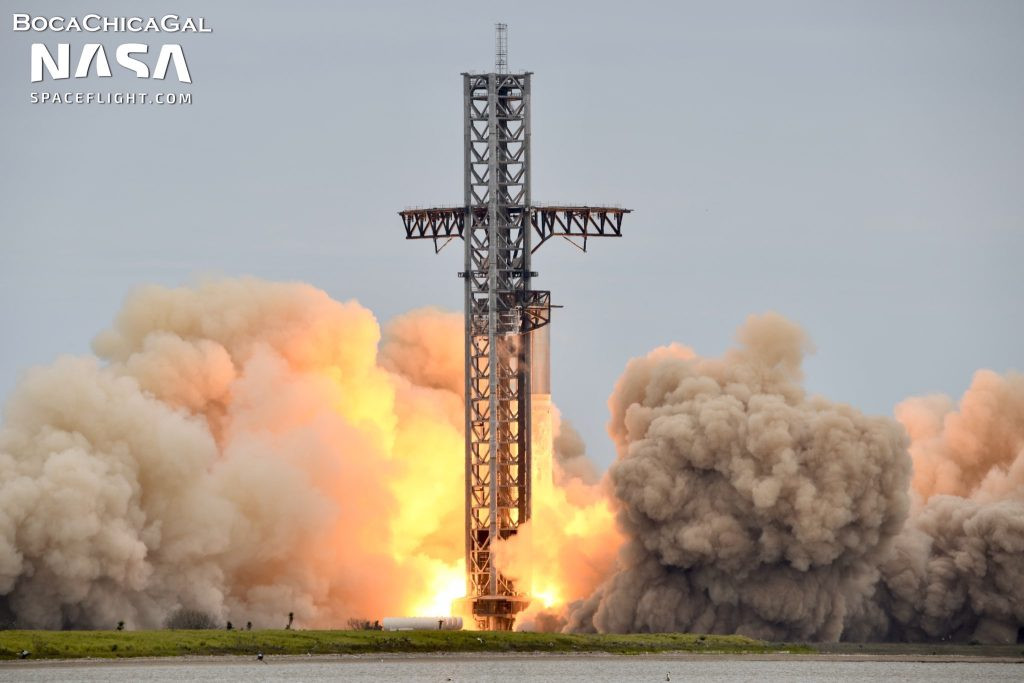The Chinese commercial space firm CAS Space is making serious progress on a new, reusable rocket. CAS Space is testing components of the Kinetica-2 — also known as Lijian-2 — rocket in preparation for a planned first launch next year. The company aims to begin recovering and reusing the rocket's first stage and boosters by 2028.
Progress in July and August include vibration and hot-fire tests of the rocket's auxiliary engine system. CAS Space intends to launch satellites for China's planned megaconstellations and cargo to the nation's Tiangong space station.
"It's highly reliable and developed rapidly, with a payload capacity of around 8 tons. It's mainly used to launch satellite groups for the construction of the low-orbit internet constellation, and low-cost cargo ships," Shi Xiaoning, vice president of Beijing CAS Space, told China Central Television (CCTV).
Kinetica-2 will be 174 feet (53 meters) tall with an 11-foot-wide (3.35 m) core stage, supported by two side boosters.
"To recycle rockets is the major way to reduce the demand for rocket production capacity, as it's impossible for us to build production lines without limits. So we recycle the big stuff, which is the best way to improve the launch capacity," Shi said.
The company has already tested algorithms needed to safely land and reuse rockets using a jet-powered prototype.
CAS Space was established in 2018. It is a spinoff from the state-owned Chinese Academy of Sciences (CAS). The company has already reached orbit with its Kinetica-1 (Lijian-1) solid rocket. It has ambitious plans for suborbital tourism.
A New Era of Innovation in China's Space Industry
The rapid growth of China's commercial space sector is a testament to the nation's ambition to become a global leader in space exploration and technology. With a focus on innovation, cost-efficiency, and rapid development cycles, private companies are making significant strides in the commercialization of space technologies.
Cost Reduction and Technological Advancement
One of the key challenges facing the commercial space sector is the high cost of spaceflight. Reusable launch vehicles, such as those being developed by iSPACE, are seen as a key solution to significantly lowering launch costs, thereby making spaceflight more accessible.
China's commercial space companies are exploring innovative ways to reduce costs, including:
- Utilizing materials like stainless steel for rocket construction. This material, despite being cheaper than aluminum, offers exceptional performance at low temperatures and high heat resistance, making it ideal for reusable rockets.
- Developing new operational models for commercial launch sites. The Hainan Wenchang Commercial Space Launch Site has seen various rocket companies establish assembly facilities on-site, creating a small ecosystem that reduces transportation time and costs. This model allows rockets to be launched directly after production, leading to lower launch prices.
- Embracing AI for satellite computing. Companies like Chengdu Guoxing Aerospace Technology are equipping satellites with AI payloads, reducing time and costs associated with traditional 3D city modeling by 90 percent.
These cost-saving measures are paving the way for a more accessible and commercially viable space industry, opening doors for a wider range of applications, from satellite internet constellations to space tourism.
Government Support and Private Sector Collaboration
The Chinese government has played a crucial role in fostering the growth of the commercial space sector. By encouraging private capital investment and providing supportive policies, the government has created a favorable environment for innovation and entrepreneurship.
This collaborative effort between the government and private companies has accelerated the development of the commercial space industry in China. The government's support has enabled private companies to push boundaries, develop cutting-edge technologies, and contribute to the nation's ambitious space exploration goals.
Emerging Trends and the Future of Space
China's commercial space sector is witnessing a surge in innovation and commercial applications. Beyond traditional satellite launches, new services like space advertising are gaining popularity, bringing space exploration closer to the general public.
The market is expected to continue expanding rapidly in the coming years, driven by the growing demand for satellite services and the increasing interest in space tourism. This growth will be fueled by technological advancements, government support, and the entrepreneurial spirit of private companies pushing the boundaries of space exploration.
As China's commercial space sector continues to evolve, it is poised to play an increasingly important role in the nation's economic development and technological advancement. The sector's success will not only benefit China but also contribute to the global exploration of space, driving innovation and opening up new possibilities for humanity.
A New Frontier for Innovation and Opportunity
China's commercial space sector is a testament to the nation's commitment to innovation and technological advancement. With a focus on reusable rockets, cost-efficiency, and government support, the sector is poised to shape the future of space exploration. The world is watching closely as China emerges as a major player in the global space race, pushing boundaries and inspiring a new generation of explorers.


















